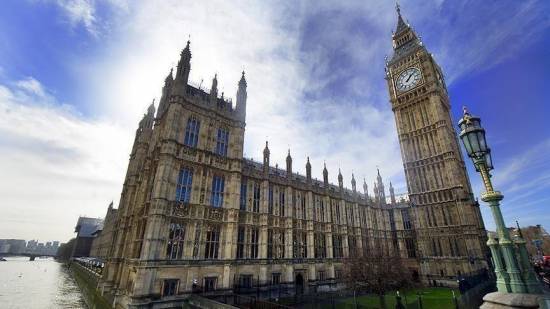UK gov't rejects 2nd Scottish independence vote request as political storm continues over Westminster
British government rejected a request to permit a second independence referendum in Scotland on Wednesday, as Prime Minister Boris Johnson is fighting for his job after a series of resignations from his government.
“I have carefully considered the arguments you set out for a transfer of power from the UK Parliament to the Scottish Parliament to hold another referendum on independence,” Johnson said in a letter to Scottish First Minister Nicola Sturgeon.
He wrote: “As our country faces unprecedented challenges at home and abroad, I cannot agree that now is the time to return to a question, which was clearly answered by the people of Scotland in 2014.”
Sharing the letter on Twitter, Sturgeon wrote: “Just received this from Johnson (one of his last acts as PM?),” questioning Johnson’s immediate political future after dozens of resignations from his Tory government since yesterday.
“To be clear, Scotland will have the opportunity to choose independence - I hope in a referendum on 19 October 2023 but, if not, through a general election. Scottish democracy will not be a prisoner of this or any PM.”
Sturgeon announced last month that the country may hold a second independence referendum on Oct. 19, 2023.
Sturgeon’s announcement came as her government published a new bill on the second vote.
The purpose of the referendum is “to ascertain the views of the people of Scotland on whether or not Scotland should be an independent country,” Sturgeon said.
She also said the referendum must be lawful and the Scottish government will reveal what it is going to do if the local Westminster government blocks such a vote.
The first referendum that asked Scottish voters whether they want to break free from the UK was a mere two years before the historic Brexit vote.
The government under then-Prime Minister David Cameron pledged a better understanding for Scots from Westminster and “extensive new powers” for the Scottish parliament.
Sturgeon’s Scottish National Party had full confidence that the country would survive, and even be better off, outside the UK, strengthened by the nation’s oil fields in the North Sea, world-famous malt whiskey, textiles, jet engines, and various banking and financial services.
The idea, however, was rejected by Scots, as just over 2 million votes (55.3%) were cast to remain part of the UK, while 1.62 million (44.7%) people voted for independence./aa


